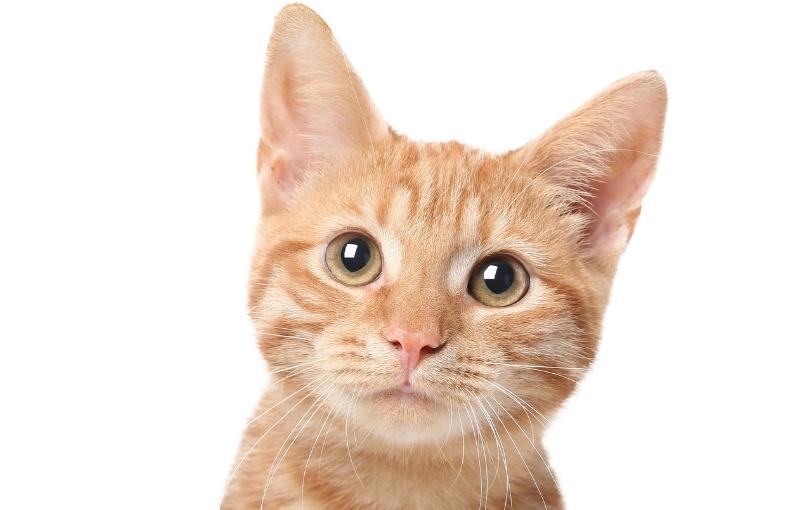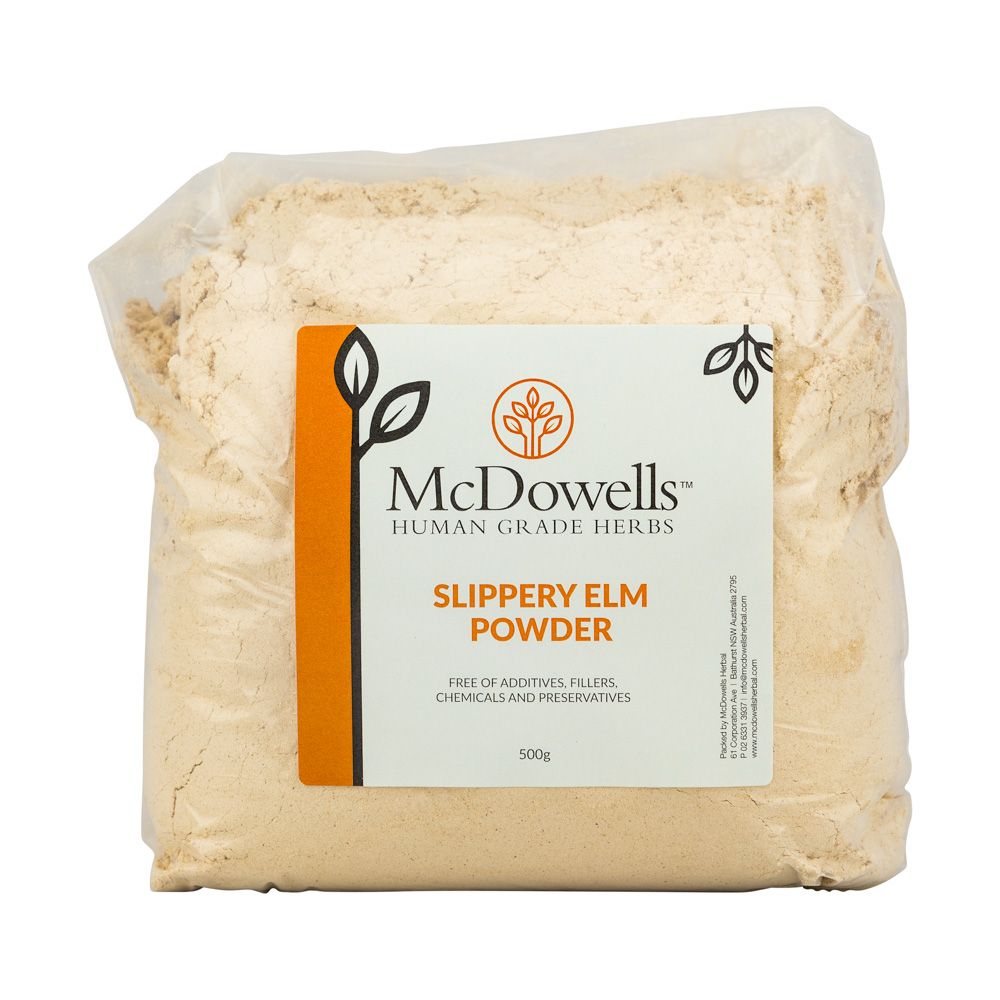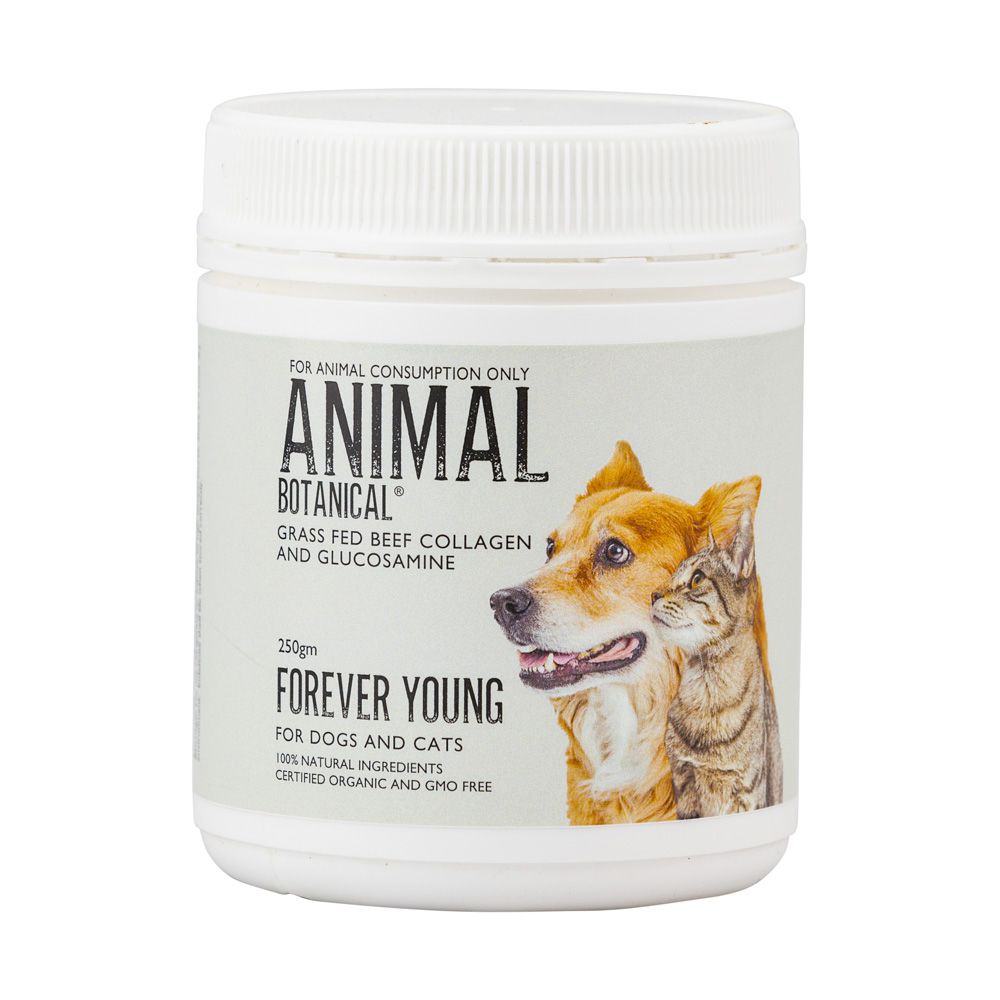An irritable bowel is a system that has become irritated from any number of causes and thenceforth habitually either sends material through the digestive system too quickly or too slowly or worse still, alternates between the two...

Feline Irritable Bowel Disease (disorder, or syndrome) are terms that describe a group of gastrointestinal disorders which display as inflammation of the lining (mucosa) of the digestive tract. Feline IBD can occur in the large intestine (colitis), the small intestine (enteritis), or the stomach (gastritis).
The most common symptoms of Feline IBD are chronic vomiting and diarrhea, symptoms which can be present in a number of other conditions, such as hyperthyroidism, chronic renal failure, or pancreatitis. In some cases, loss of apppetite accompanied by weight loss, may occur. These symptoms are also common in other conditions.
Microscopically the disease is characterized by the infiltration of inflammatory cells into the lining (mucosa) of the digestive tract but the cause of IBD is unknown.
McDowells Recommendations
Slippery Elm
In the gastro-intestinal tract, slippery elm acts directly. Its mucilage content coats, soothes, and lubricates the mucus membranes lining the digestive tract. Slippery Elm is an excellent treatment for ulcers, gastritis, colitis, and other inflammatory bowel problems. It is high in fiber, and so helps normalize intestinal action; it can be used to relieve both diarrhea and constipation. It may also help alleviate nausea and vomiting in pets suffering from non-GI illnesses, such as kidney disease.
Secondly a herbal mixture to support the healing is made up from the following ingredients; Vervain, Chamomile, Slippery Elm, Rhubarb, Yarrow and St Mary's Thistle with the Bach Flower Remedies Impatiens, Willow, Agrimony and Wild Oat. This mix is taken at a dose rate of 5 drops twice daily in favourite food. The treatment must be maintained initially for at least 3 months.



